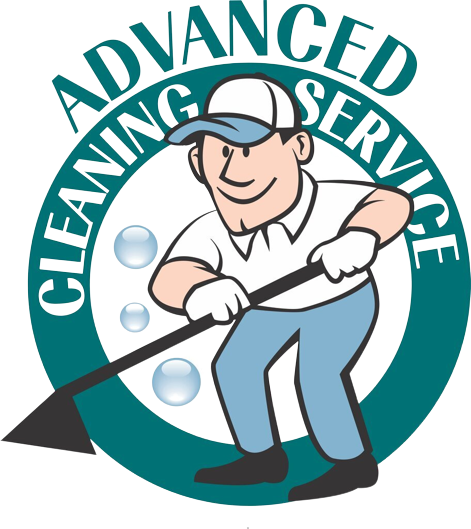Germs are everywhere in an office building (okay, they’re everywhere in general, but they proliferate in office buildings because of the high volume of traffic). They are on door handles, rails, elevator buttons, vending machines, refrigerators, microwaves, mouse pads…you get the idea. What’s more is that it can take mere hours for newly introduced germs to conquer the majority of your office’s territory. Germs, as we know, lead to illness, which cuts into costs and productivity for any workplace. This is why it’s important to know what kind of germs live in an office building, how germs at work most often spread, and how to keep them at bay with regular cleaning.
Mold & Bacteria
Mold and bacteria can grow in almost any hospitable environment, but in an office place, they can be found lurking in your office building’s HVAC. When this happens, those mold particles can make their way into the air you breathe and can make you and your colleagues sick. This is one reason why it’s important to have your HVAC professionally cleaned every couple of years. If you’ve never had it done or aren’t sure when it was last done, have someone come check your system.
Another important reason to keep your HVAC clean is because certain microorganisms and dangerous bacterium can grow inside of the ducts. While microorganisms and bacterium will not make you and your colleagues sick immediately, these agents can make them very sick over the course of time; long-term health consequences from mold and bacteria exposure include chronic illness, cancer, and even death.
Legionella Bacteria (L. pneumophila)
Offices located near bodies of water, that have septic systems, hot water tanks and heaters, fountains, etc. are possible target for the bacteria L. pneumophila, which is more commonly known as Legionnaire’s disease. This is a serious strain of pneumonia transmitted through water. While it’s not the most common of office germs, it can certainly exist, which is why it’s important to have your office building’s fountains and other water systems checked and cleaned as needed.
Heavy Metals (Chromium, Copper, Lead, etc.)
Heavy metals such as chromium, copper, lead, etc. are also prominent in some office buildings. These can be found in water fountains, air ducting, or on counter tops and other surfaces when spread through air ducts. These particulates usually accumulate over time and are invisible to the naked eye. Usually, these particles are spread and accumulate with dust, which comes from aging materials, paint, structures, etc.
Long term and heavy metals exposure can lead to multiple health issues, which include organ damage, blood cancers, and cellular mutation; long-term consequences can range from chronic health issues to cancer to death. Thus, routine cleaning of all major surfaces as well as systems (as noted previously) is thus vital to stop the spread of germs at work.
e. Coli, Norovirus, H. Pylori, etc.
Lastly, some of the most common office germs are those found on and around culinary surfaces. e. Coli, Norovirus, H. Pylori, etc. are bacteria transmitted through food, water, and touch. Infection along these lines can spread quickly due to the amount of traffic office kitchens see and because of how hospitable environments with food tend to be.
While the majority of the consequences from these bacteria tend to be gastrointestinal (as in, you will be sick for a while), there could be other issues if you or your infected colleague is already unwell or has a compromised immune system.
The best way to prevent the spread of these bacteria is by practicing good hygiene and by keeping surfaces in shared spaces cleaned and sanitary. Wipe down surfaces before and after use; wash your hands regularly; wash cutting boards, knives, and other culinary tools used. Wiping these objects down isn’t satisfactory.
Flu, Cold, COVID-19, and other Viruses
Lastly, viruses are common office germs. These are transmitted through the air (such as when a person coughs with their mouth uncovered) and / or when a person carrying the virus touches an object. Virus germs can live on surfaces for as long as 72 hours. Because offices are—as noted—well-populated with people working in close proximity, times of year when these viruses are worse tends to mean their germs are going to be at your workplace.
Managing Germs at Work
Obviously, eradicating germs for the rest of eternity is just a pipe dream; however, keeping common office germs minimized in your office is a potential reality. In addition to making office cleanliness a team effort, you can also keep your office clean by hiring a professional commercial cleaning company to thoroughly clean your office on a nightly basis. You should also hire a company to clean your HVAC system and water systems to ensure that there are no lurking bacteria that could cause major harm to your employees and to your business.
Germs in an office building are inevitable, but just because germs are present, they don’t have to make you sick. With regular commercial cleaning services and other deep cleaning services, which we provide at Advanced Cleaning, office germs can be mitigated so that you and your team stay healthy and on top of productivity.




